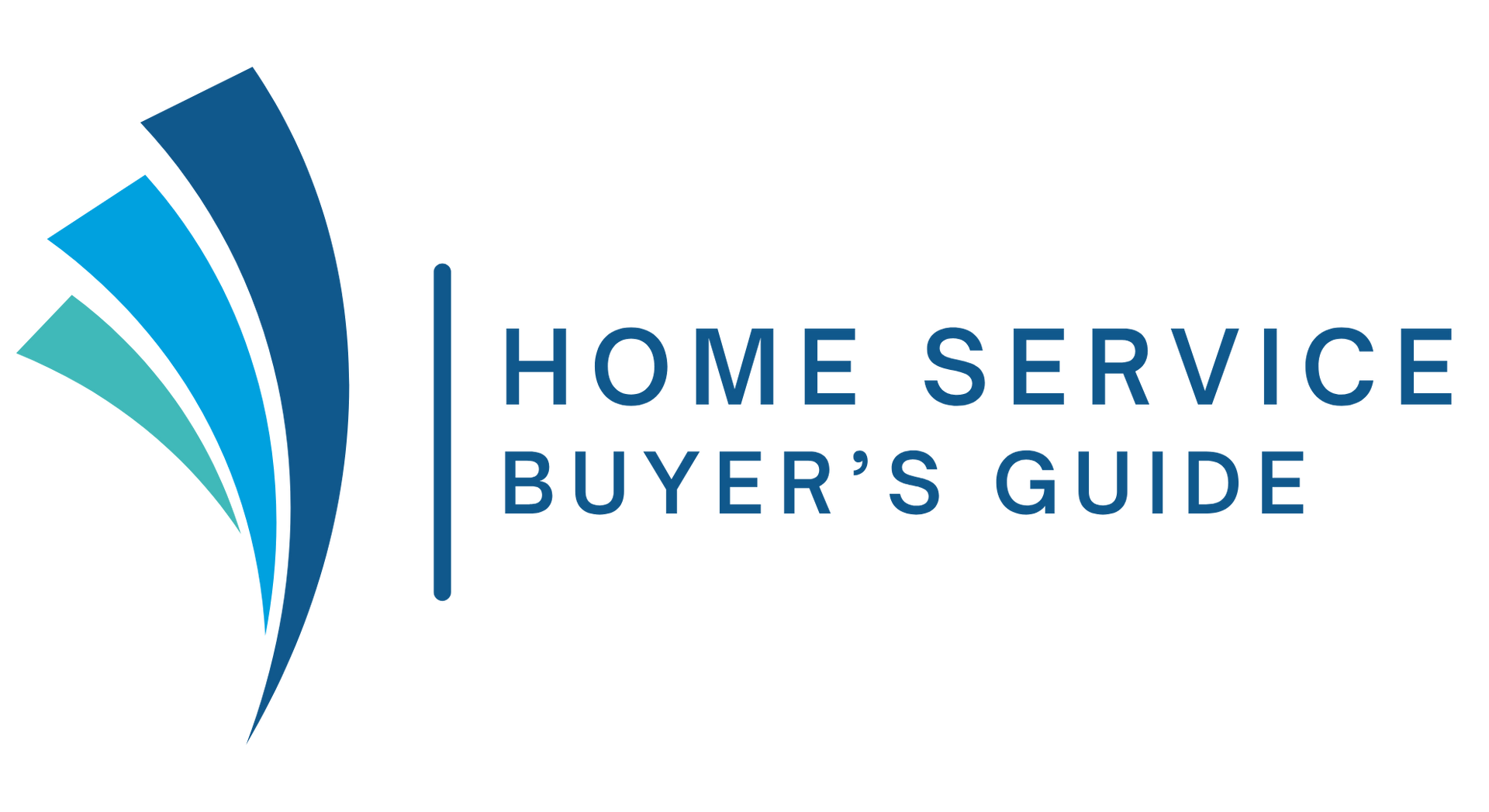Pennsylvania
Your Guide to Hiring a Home Improvement Contractor in Pennsylvania
Hiring a contractor for a home project in Pennsylvania involves more than just getting a price quote. Understanding state requirements, particularly mandatory registration and how sales tax is applied, is crucial for protecting your investment and ensuring a smooth process.
Home Improvement Contractor Registration Requirements
Unlike some states that have a comprehensive licensing system for all trades, Pennsylvania does not have a statewide general contractor license. Instead, it mandates a state-level registration for all home improvement contractors under the Home Improvement Consumer Protection Act (HICPA).
Who Must Register?
Any individual or business that performs home improvements valued at $5,000 or more during a single calendar year must register with the Pennsylvania Office of the Attorney General (OAG). "Home Improvement" includes work on residential property like repair, replacement, remodeling, demolition, removal, renovation, installation, and alteration of the property.
Contractors are exempt from registration only if the total cash value of their home improvement work is less than $5,000 in the previous taxable year, or if they are a large retailer with a net worth over $50 million. Subcontractors who perform home improvements also must register, even if they never deal directly with the homeowner.
Key Registration Requirements:
- Registration Number: Registered contractors must include their state-issued registration number (PA HIC number) in all advertisements, contracts, and proposals.
- Insurance: Contractors must maintain a minimum of $50,000 in personal injury liability coverage and $50,000 in property damage coverage.
- Contract Terms: HICPA requires specific terms to be included in all written home improvement contracts, such as the exact scope of work, starting/completion dates, and the total cost.
- Renewal: The registration is valid for two years and must be renewed biennially.
Important Note on Local Licensing
While the state requires registration, some municipalities and cities (like Philadelphia) have separate, local licensing requirements for contractors, especially for specialized trades like plumbing and electrical work. Always check with your local city or county government to determine if additional local licenses or permits are required for your project.
How Sales Tax Applies to Home Service Projects
Pennsylvania's sales tax rules for home service work can be complex, as they differentiate between the contractor's costs and the customer's charges.
The Core Rule: Labor on Real Property is Not Taxed to the Customer
For most typical home improvement projects that involve permanently attaching materials to real estate (like building a deck, installing new drywall, or putting in an HVAC system), the rules are as follows:
- Contractor's Cost (Materials): The contractor is generally considered the final consumer of the materials and equipment they permanently affix to your home. Therefore, the contractor must pay the 6% state sales tax (plus any local county tax in Allegheny County (1%) or Philadelphia (2%)) when purchasing these materials from their supplier.
- Customer's Invoice (Labor & Materials): The contractor should not charge sales tax to the customer on the labor to install or repair real estate. The total contract price you pay, which includes the labor and the materials (on which the contractor has already paid tax), is generally non-taxable to you.
When Sales Tax Does Apply to the Customer
Sales tax may be collected from the customer if the work is classified as a "sales activity" rather than a "construction activity." This distinction can be nuanced, but a simple example is the sale and installation of a portable item that is not permanently affixed to the real estate, such as the simple delivery and installation of a freestanding appliance. In these "sales activity" cases, the contractor must charge sales tax on both the cost of the item and the installation labor.
For homeowners, the key takeaway is that for a true "home improvement" (construction that becomes a permanent part of the house), you generally should not be charged sales tax on the total contract price.
Verifying a Contractor's Registration
Before signing any contract or making a payment, you should always verify that the contractor is properly registered with the state.
- Check the Registration Number: The easiest way to start is by looking for the contractor's PA HIC registration number (a 10-digit number) on their advertisements, business card, or contract proposal.
- Use the OAG Database: You can officially verify the registration by searching the Registered Contractors database maintained by the Pennsylvania Office of the Attorney General (OAG).
- Use the Hotline: The OAG also provides a toll-free Home Improvement Registration Hotline for consumers to check a contractor's status or report unregistered contractors.
- PA Home Improvement Registration Hotline: 1-888-520-6680
Keep in mind that while registration confirms a contractor has met the basic legal requirements of HICPA (including minimum insurance), it is not an endorsement of their competency, skill, or business quality. Always check references and look for reviews on independent consumer sites as well.
Disclaimer: This information is provided for reference and educational purposes only and is intended to be a general summary of Pennsylvania's contractor registration and sales tax requirements. Laws and regulations can change, and interpretation may vary based on your specific project and municipality. We strongly recommend consulting with the Pennsylvania Office of the Attorney General, your local municipality, or a qualified legal or tax professional to ensure compliance and accuracy for any specific contract or financial transaction.
